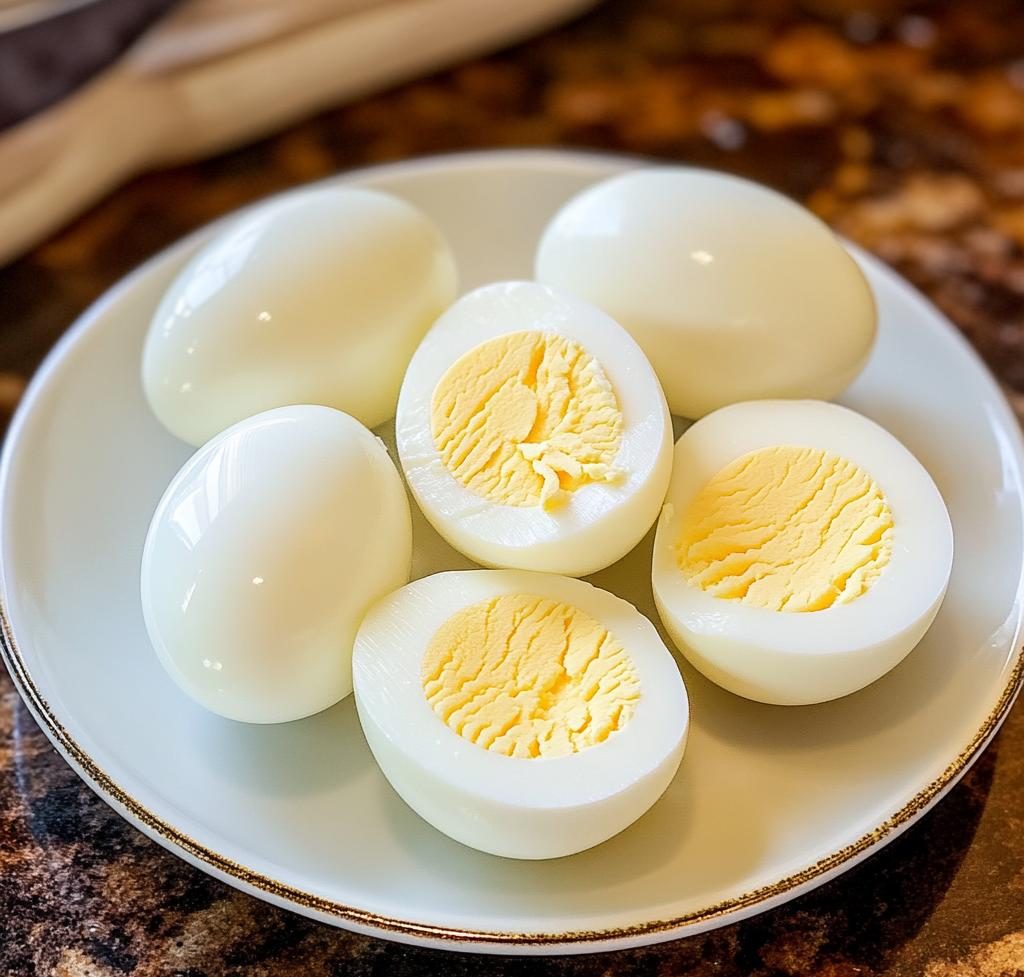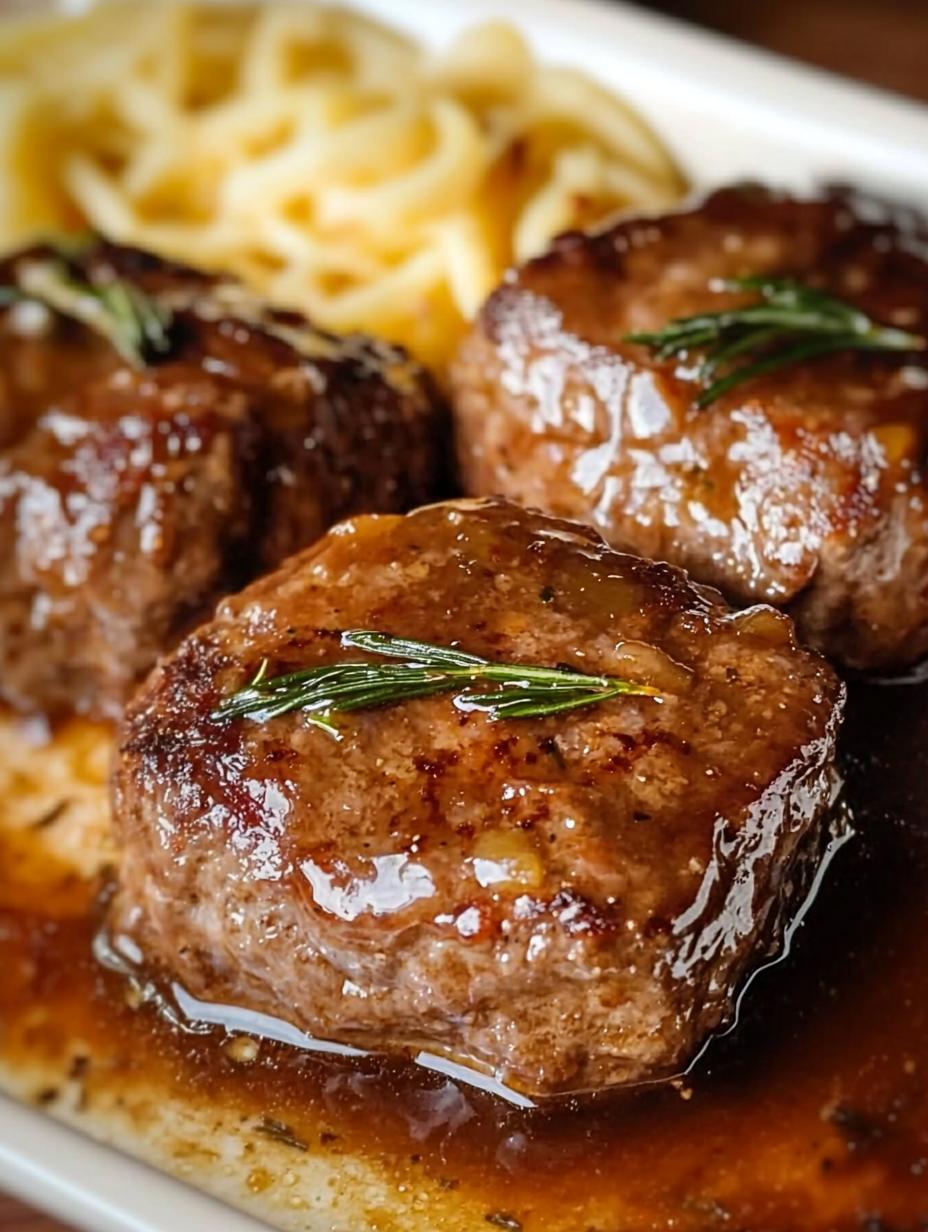Peeling hard-boiled eggs has long been a task that many cooks dread. It’s a complicated process that involves getting rid of pieces of shell that stubbornly stick to the egg white, making it a tiresome affair. You’ve likely experienced this situation: you’re preparing what should be a nutritious snack, only to find the eggs have several pockmarks or missing chunks of white. In some cases, they might even be difficult to peel altogether.
So why not make this process smooth and stress-free every time with a simple trick? Enter Jacques Pépin, the renowned French chef, who recently revealed an incredible yet simple method for peeling hard-boiled eggs.
The Common Challenge of Peeling Eggs
The biggest obstacle to peeling hard-boiled eggs is due to the white part attaching firmly to the shell. This makes it difficult to peel well and often spoils the egg’s appearance. It breaks into pieces, requiring you to pick off these small bits, leaving an uneven surface on your egg. A small task like cutting a boiled egg can quickly become cumbersome. The result? Imperfect eggs that aren’t as enjoyable as they should be. Often, more marks are made on the shell during peeling, particularly with hard-boiled eggs served at breakfast or as snacks.
However, Pépin has come up with a solution that guarantees not only easy shell removal but also maintains the egg’s smoothness, making them ideal for various occasions.
The Secret to Perfectly Peeled Eggs
Jacques Pépin says the key lies in one tiny detail related to preparation before boiling: poking a small hole at the wider end of the egg. Contrary to what many might assume, this small act is crucial for easy peeling. The difference it makes is remarkable, as the shells easily come off after cooking. You’ll be surprised at how effortless it becomes with this slight variation, and it won’t feel like an extra task in your kitchen.
The Science Behind the Hack
Pépin’s hack is brilliantly simple from a scientific perspective. When preparing eggs, many of us overlook the fact that they have an empty space on one side. The air pocket is found at the larger end of the egg, and when heated during boiling, it expands. If trapped inside, this air pocket builds up pressure, causing the white part (albumen) to stick to the shell during cooling or standing. This makes peeling nearly impossible, as some pieces may be removed along with the shell.
By pricking a hole at the larger end before boiling, you allow the slow release of air bubbles produced inside due to the higher temperature, thus minimizing the chances of sticking. This clever use of the egg’s structure makes peeling it off with ease.
How to Use Pépin’s Method
Don’t worry about needing any special kitchen gadgets for this procedure; all you need is a pin or thumbtack. Here’s how you can go about it:
- Prepare the Egg: Hold the egg gently, identifying the larger end with the air pocket inside.
- Puncture the Shell: Use a thumbtack or pin to poke a tiny hole at the larger end of the egg. It should be big enough to let air escape but small enough to maintain the egg’s shape.
- Boil the Egg: Place the prepared egg in already boiling water, and cook as usual for hard-boiled eggs.
When you peel the egg, you’ll notice that the shell comes off easily, leaving the egg white perfectly intact. No more struggles with bits of shell or wondering if the egg will look okay when cooked. The result? Beautiful, smooth, and scrumptious eggs.
The Benefits of Pépin’s Method
The biggest advantage of Pépin’s method is that it saves time in your everyday meal preparation routine. Peeling hard-boiled eggs becomes quick and almost effortless, making it easier to prepare multiple servings of salads, platters, or weekly meal preps without stress. Forget about being irritated by tough shells—enjoy perfectly peeled eggs every time.
Additionally, this trick helps you make your eggs look beautiful. When peeled well without any cracks or bumps, they appear round and smooth, making them more appealing when served with other foods. This is especially important if you’re presenting them in dishes like salads or breakfast platters.
Accessibility and Ease of Use
Another great thing about this method is its accessibility; it doesn’t require professional cooking experience or special skills to work perfectly. Anyone, regardless of their level of kitchen expertise, can use this method—all you need is a safety pin or tack, which can easily be found at home.
In addition, this method is perfect for quick breakfasts or meal prep. Imagine boiling eggs without worrying about the peeling process. Whether preparing snacks for the week or salad toppings, this life-altering advice will save you time and help you show off your newfound kitchen efficiency.
Conclusion
The next time you’re boiling eggs, get smart by following Jacques Pépin’s trick of poking a small hole in the eggshell before boiling. This method makes peeling easier and results in smooth egg whites, enhancing any recipe you use them for. It’s an easy way to make cooking more enjoyable and efficient, all by improving how you peel an egg.

A Simple Trick to Perfectly Peel Hard-Boiled Eggs
Instructions
- Prepare the Egg: Hold the egg gently and locate the wider end where the air pocket is.
- Puncture the Shell: Use a pin or thumbtack to poke a tiny hole at the larger end of the egg. The hole should be just big enough to allow air to escape but small enough to maintain the egg's structure.
- Boil the Egg: Place the egg in already boiling water and cook as usual for hard-boiled eggs, usually 8-12 minutes depending on your preferred level of doneness.
- Cool and Peel: Once cooked, place the eggs in a bowl of ice water for a few minutes to cool. Peel the eggs starting from the wider end, and notice how the shell comes off effortlessly, leaving the whites smooth and intact.
Notes
The Science Behind the Method
Poking a hole allows the expanding air pocket inside the egg to escape during boiling, preventing the egg whites from sticking to the shell. This simple trick uses the egg's natural structure to make peeling easier.Benefits of Pépin’s Method
- Saves Time: Peeling eggs becomes fast and easy.
- Better Appearance: Leaves the egg white smooth and intact, ideal for salads, platters, and snacks.
- Simple and Accessible: No special tools or skills are needed, making it suitable for anyone.
Use This Trick For:
- Meal Prep: Preparing eggs for the week becomes more efficient.
- Quick Breakfasts: Make eggs faster without the peeling hassle.
- Beautiful Presentation: Perfectly peeled eggs look great in dishes like deviled eggs, salads, or breakfast spreads.






